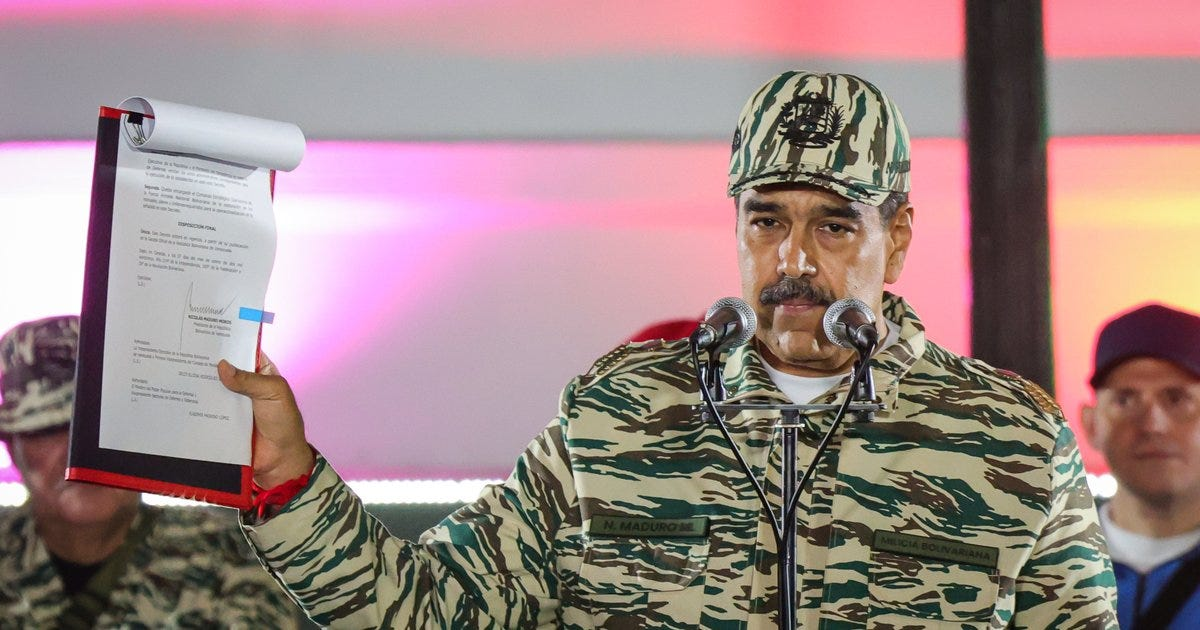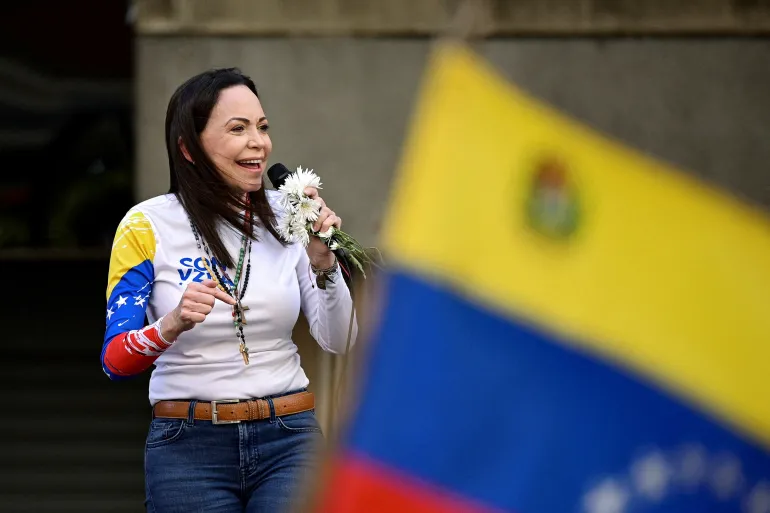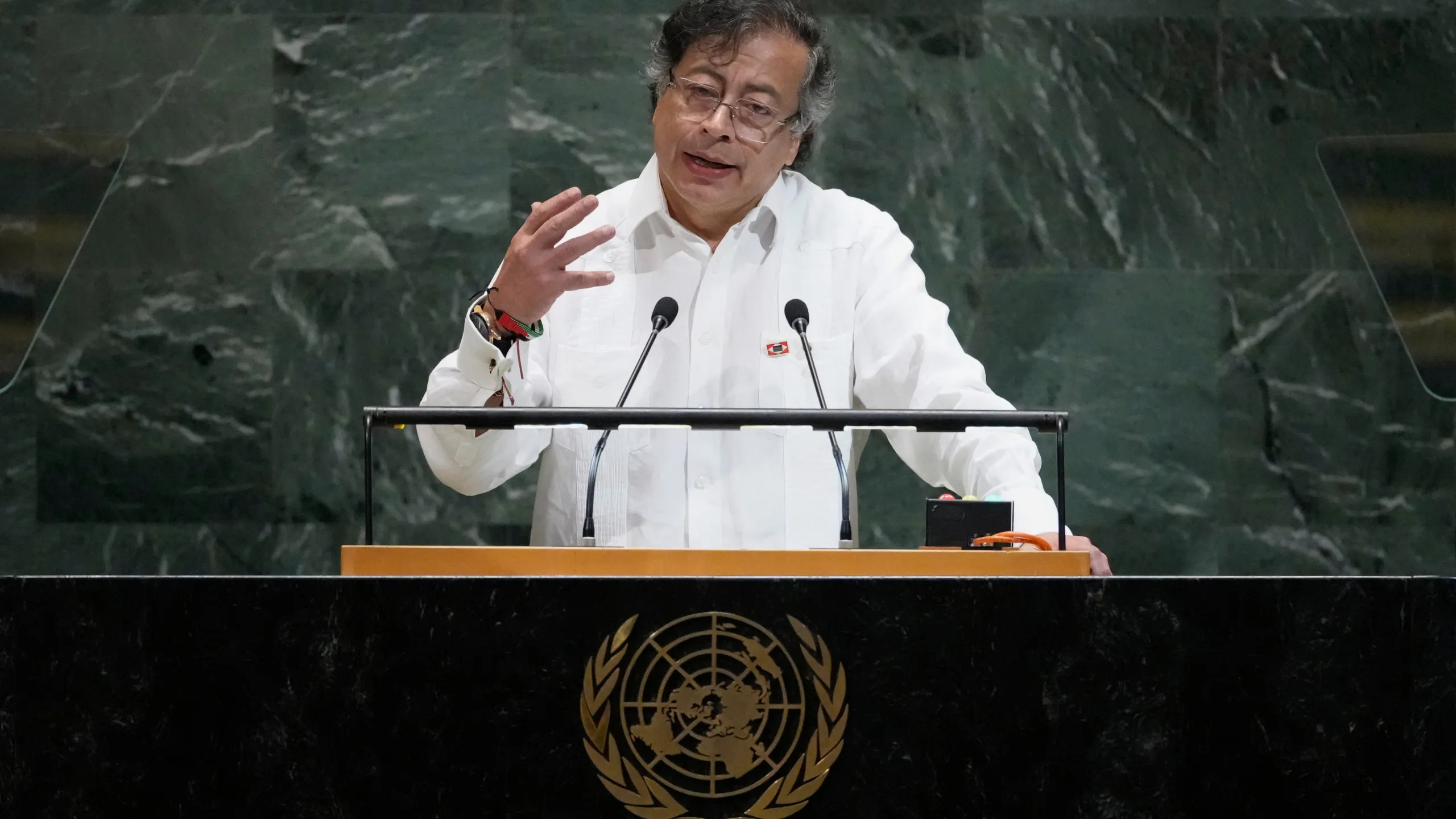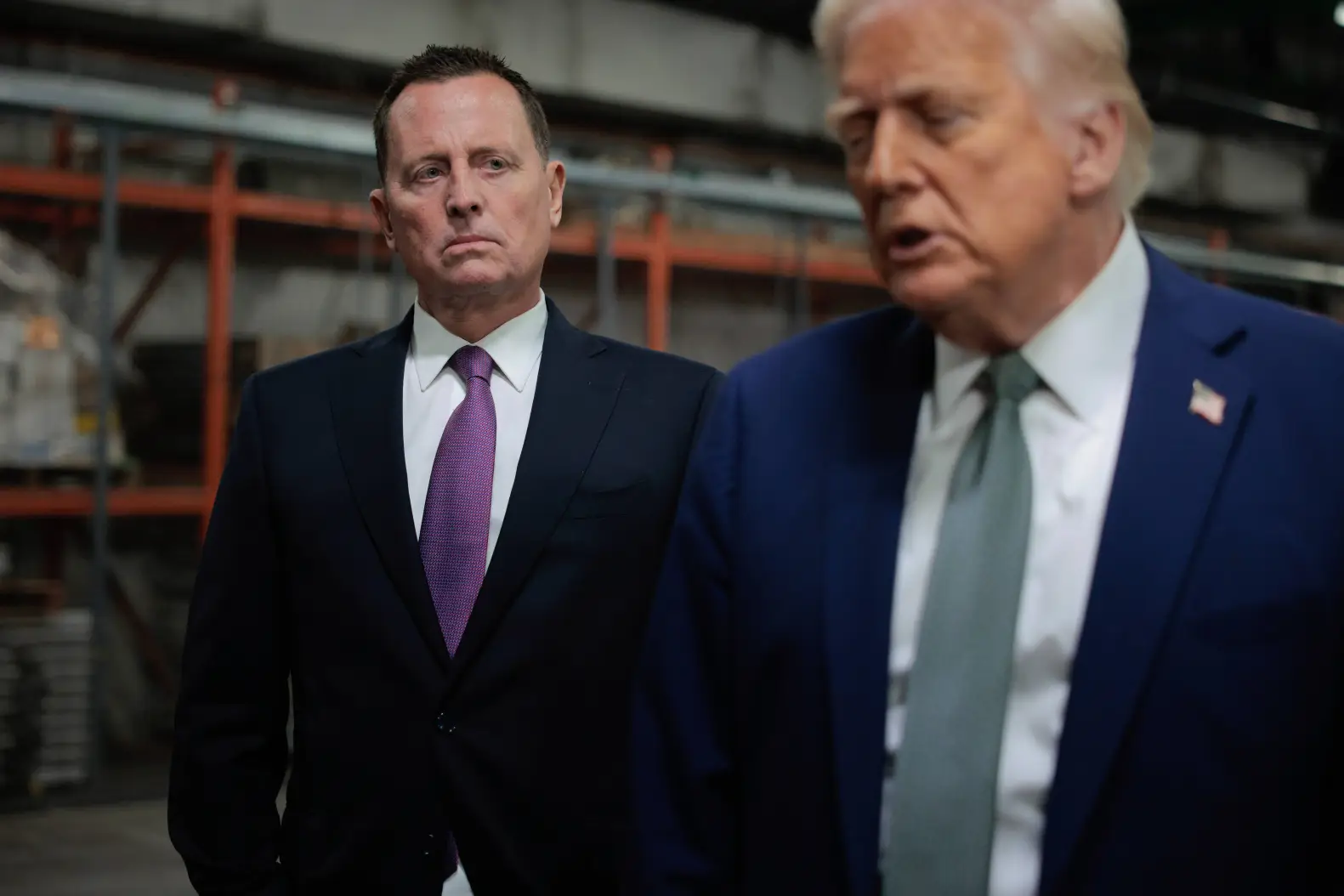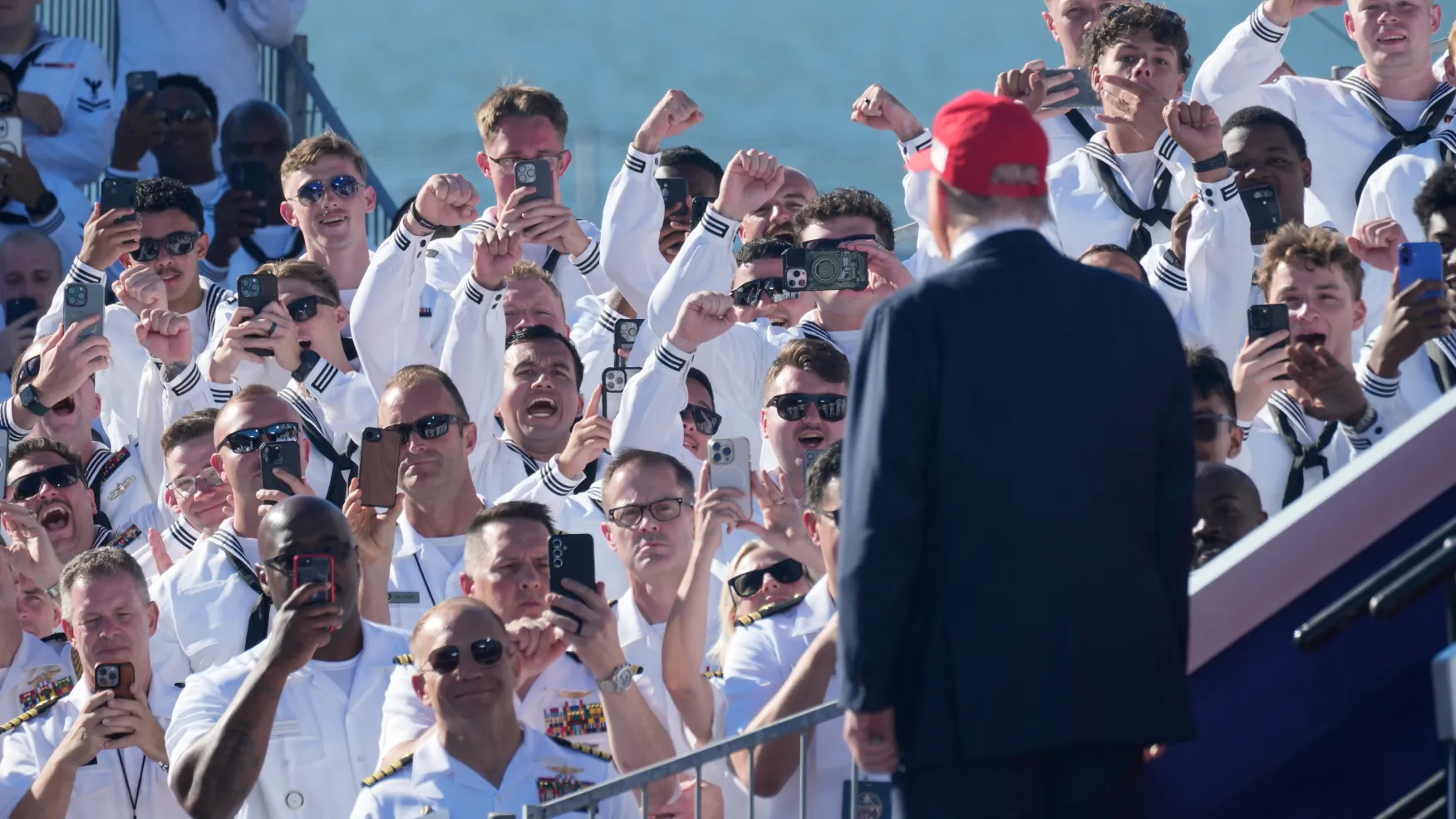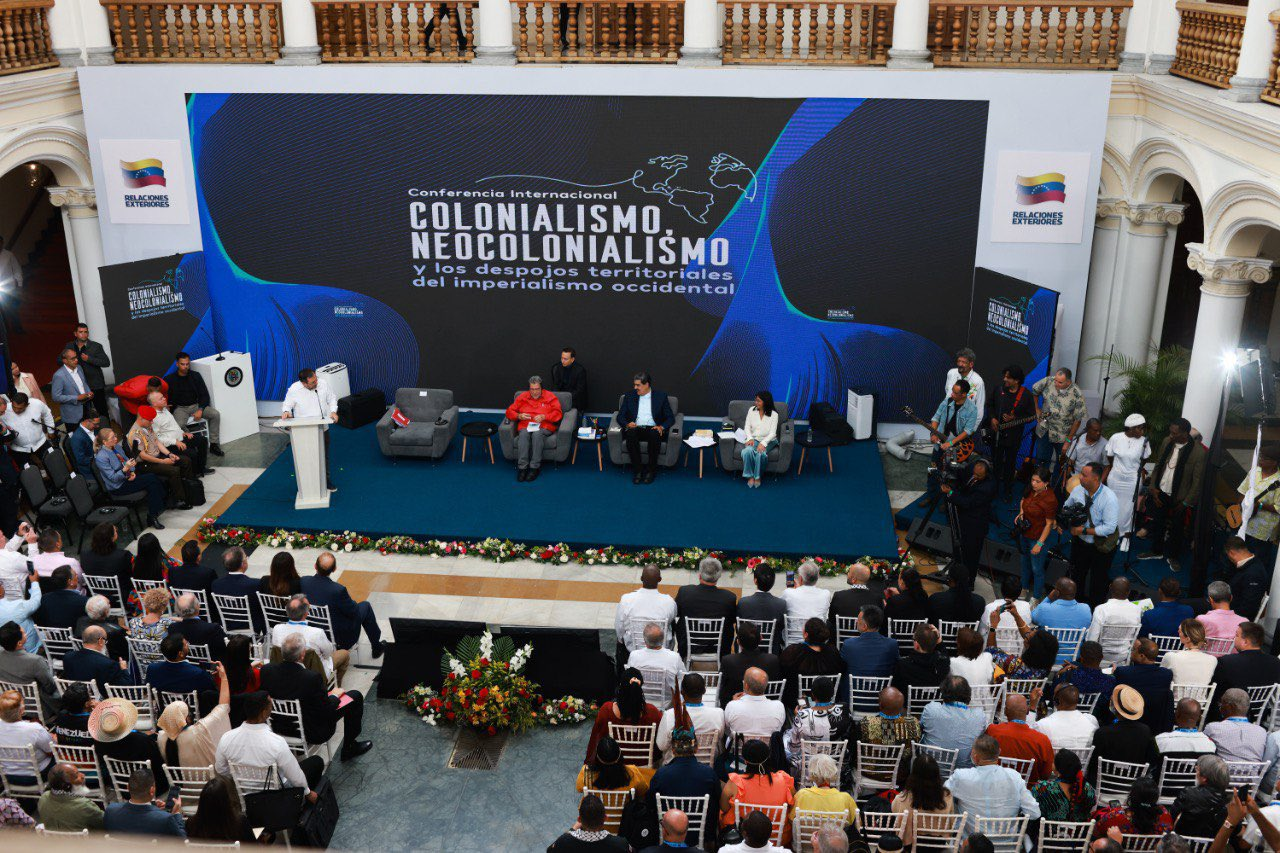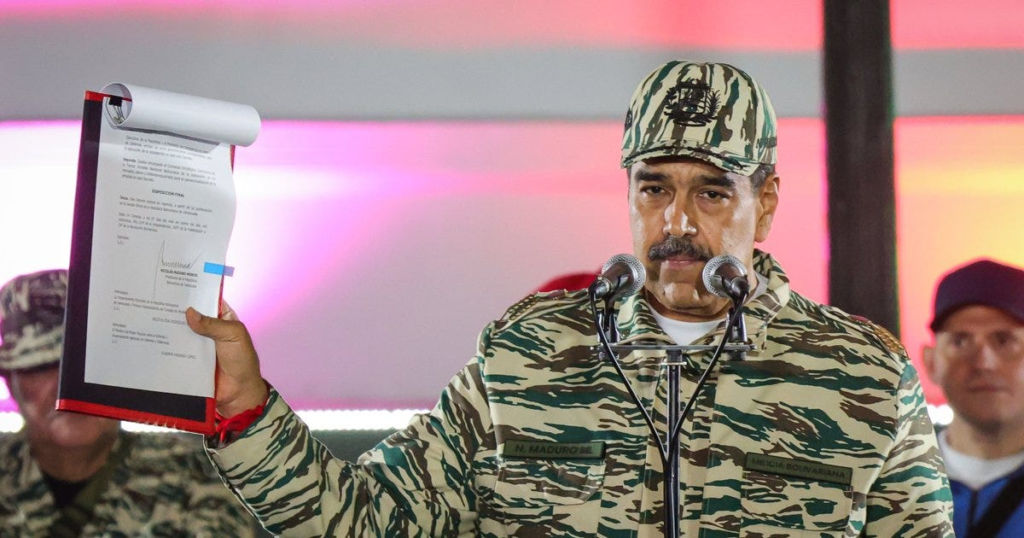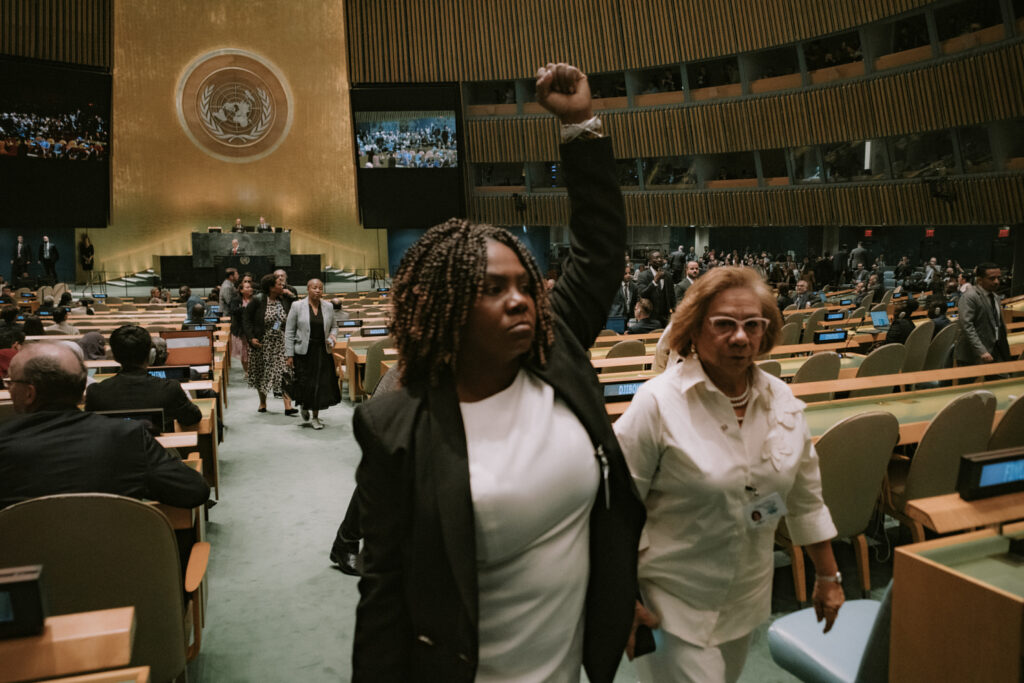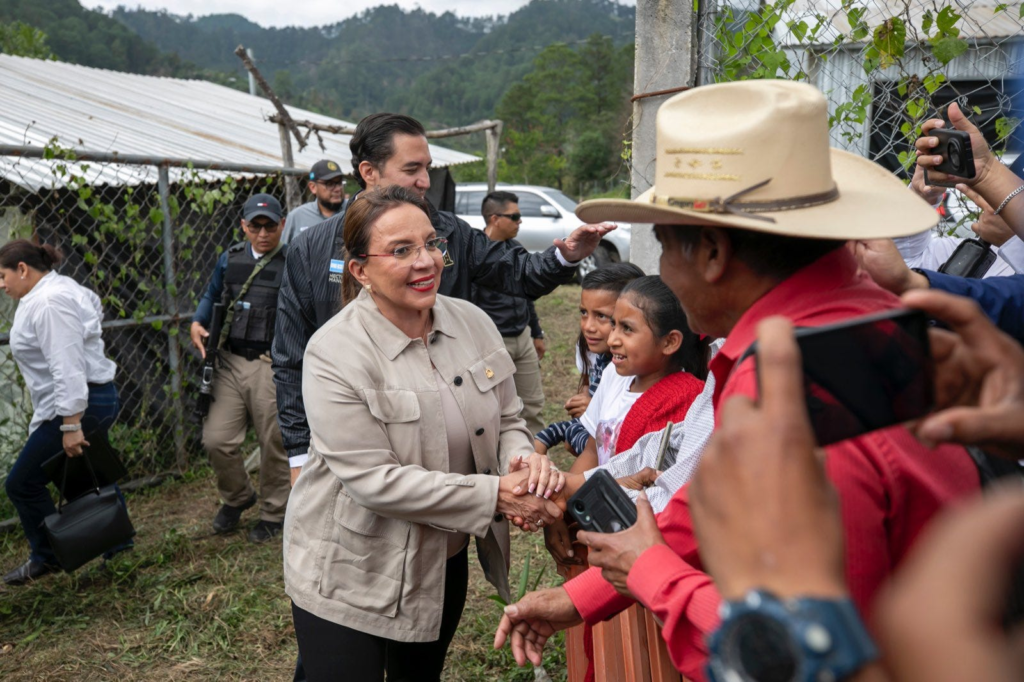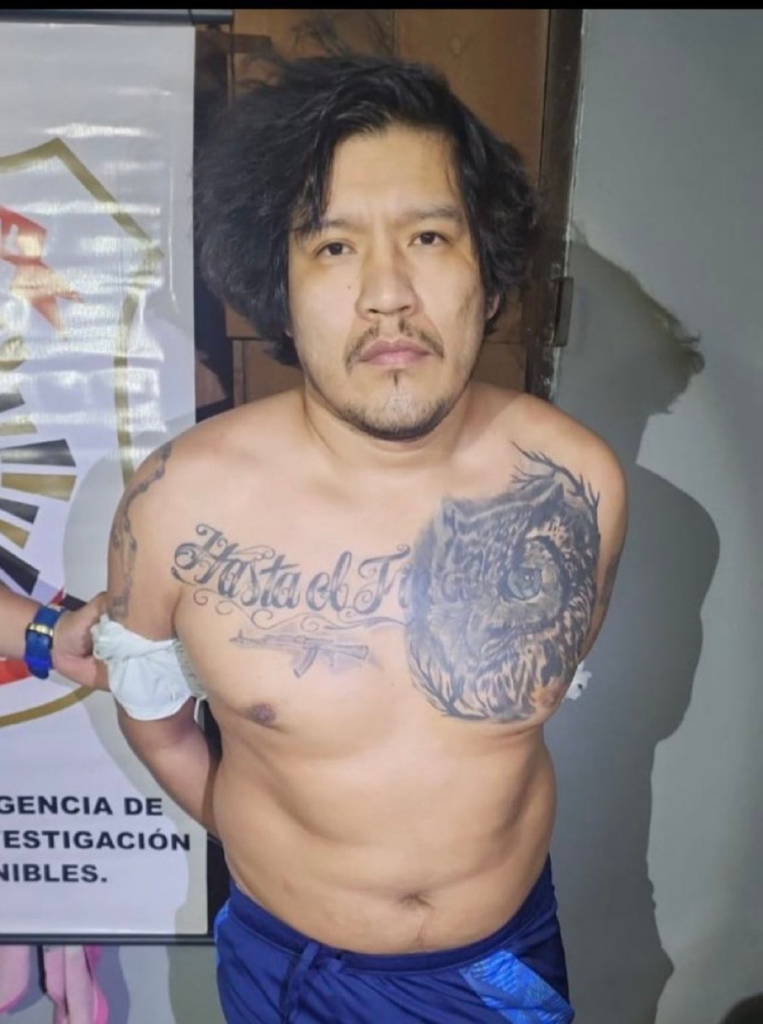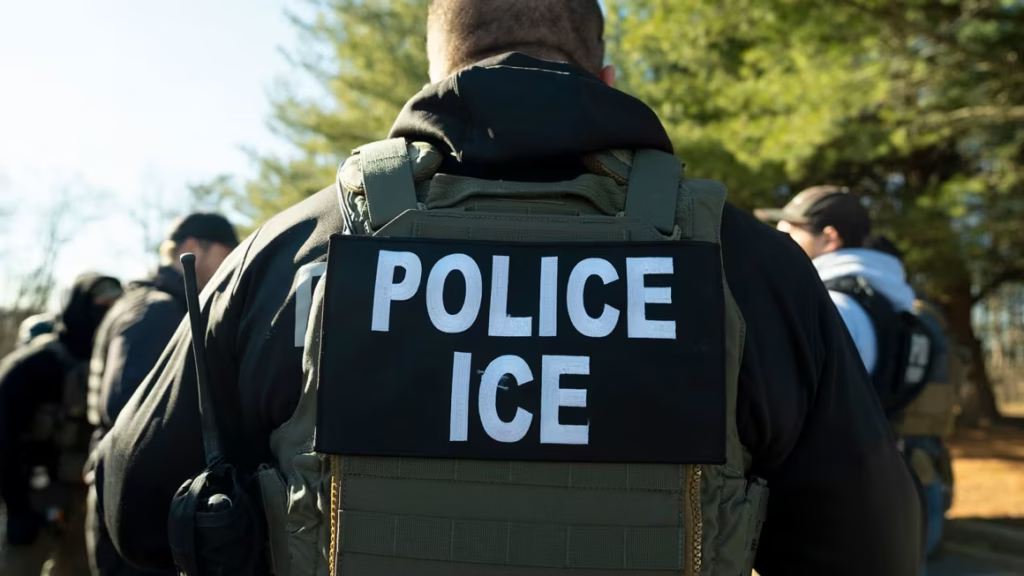U.S. military planners are considering options for striking at the heart of criminal drug trafficking operations inside Venezuela. Sources familiar with recent events say that strikes could be put into action in a matter of weeks.
Over the past month, the Pentagon has deployed an array of military assets to the South Caribbean along the Venezuelan coastline as part of the Trump administration’s efforts to curtail the relentless flow of illicit drugs through the Caribbean waterways.
However, analysts speculate that much more may be afoot, namely, the threat of increasing military pressure in an effort to isolate the Maduro regime and the possible use of military action to effect regime change in Caracas.
The U.S. State Department under Marco Rubio has repeatedly affirmed its position on the subject by refusing to recognize the Maduro administration as the legitimate government of Venezuela.
Officials in Washington have maintained that the government of President Nicolás Maduro is a criminal enterprise that oversees a vast network of narco-trafficking throughout the region.
The United States has recently escalated the situation in the Caribbean by striking several small-scale vessels, allegedly carrying illicit drugs, and killing multiple occupants on board.
The administration has emphasized that the strikes were made in “international waters” and that the casualties are deemed as “terrorists”, connoting an operational framework as defined in armed conflict.
Sources also confirm that negotiations between the United States and the Maduro government are being facilitated through intermediaries from the Middle East. When pressed for details on who exactly those intermediaries are, officials in Washington say that they are U.S. allies.
The U.S. deployment in the South Caribbean consists of several destroyers, amphibious landing vessels, guided-missile launchers, F-35s, and a nuclear submarine. Recent deployments of military assets have also been shuffled over to the island of Puerto Rico, which is almost 600 miles directly north of the Venezuelan mainland.
The Governor of Puerto Rico, Jenniffer González Colón, welcomed the deployment of U.S. military assets to the island, stating:
“We thank Trump and his administration for recognizing the strategic value Puerto Rico has to the national security of the United States and the fight against drug cartels in our hemisphere, perpetuated by narco-dictator Nicolas Maduro”.
Marco Rubio, the current U.S. Secretary of State, has a long track record of arguing for regime change in Caracas during his years in the United States Senate. Rubio, the son of Cuban refugees from communist Cuba in the 1950s, has refrained from expressing such statements publicly.
However, when pressed on whether regime change is on the table, the administration in Washington continues to refuse to rule it out.

